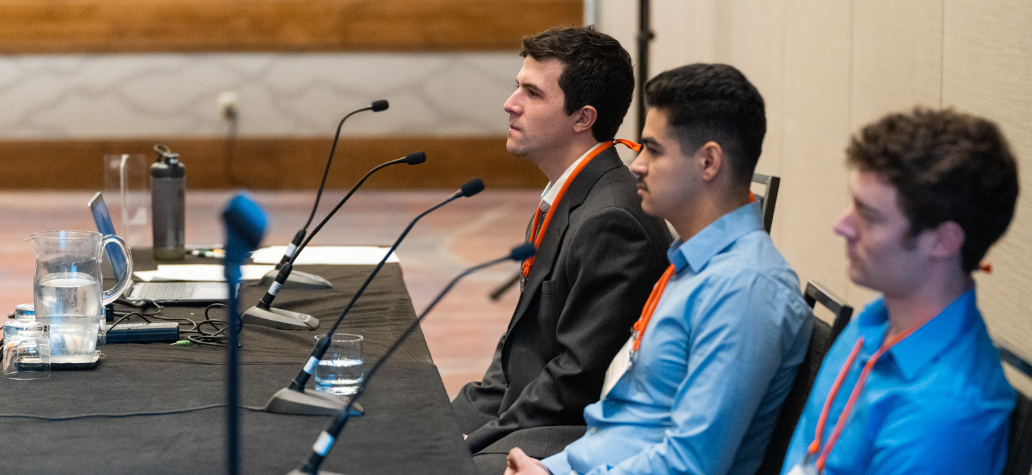Throughout Financial Capability Month, we are publishing an initial overview from our inaugural Financial Education Innovation & Impact Summit.
A frequent debate, both within and outside the financial well-being sector, is whether financial education “works.” Though this shorthand is generally understood to mean whether financial education can make a measurable difference for those it is delivered to, the brevity of the question of “what works” neglects to account for the variances and complexities in content, delivery, context, as well as in each learner’s individual experiences, values, circumstances, and goals.
NEFE, as a champion for effective financial education, aims to dig deeper into the impact of financial education and broaden the discussion: For whom does financial education make a difference, across what variables, and in what contexts?
Measuring both the broad and specific value of financial education is a question that we hold in much of our work, which led us to elevate this theme as the third track at the inaugural Financial Education Innovation & Impact Summit.
The sessions within the Impact track examined the industry’s successes in advancing financial well-being outcomes among various groups with unique circumstances and needs and what the data shows us in terms of industry gaps. We looked at the strength of some of our assessment metrics and practices and how they might evolve to align with broader societal changes. Sessions and panels on these themes included:
- An overview of Financial Education Matters: Research from 76 Experiments by Dr. Carly Urban and Dr. Annamaria Lusardi; this meta-analysis shows that financial education improves both financial knowledge and behavior. Participants examined the data itself and its uses for further advocacy.
- Researchers from Boston College describing their work developing a series of survey measures of financial knowledge, attitudes, and well-being designed for prospective and current college students from diverse backgrounds, and how to validate these measures with respect to gender, race and ethnicity.
- A roundtable conversation on the K-12 financial education national standards, how they have been implemented, and how standards support evaluation and assessment.
- Student panelists from two Denver-area universities sharing their perspectives on the impact of financial education and how the industry can improve.
- Researchers from Knology discussing their work to develop a dataset on state-level investments in financial education across time, addressing how financial education is delivered and who benefits from it.
- A conversation on the impact of climate change on future financial well-being and how the industry can best prepare for an uncertain future.
Knowing what we know about how to best measure financial knowledge, skill and overall well-being, we can start to discuss where to go next. NEFE’s research funding priorities are positioned to re-evaluate current financial literacy metrics, considering how financial literacy, behavior, perception, knowledge and skill can be measured more effectively. We also invest in research that investigates disparities in outcomes, knowledge, skill, and wealth, and in studies to examine data and methodological limitations in order to examine bias, reduce knowledge gaps, and strengthen research data.
As our field matures, we expand our ability to question aims, re-examine assumptions, test theories, and measure outcomes with greater accuracy; we are entering a time where meaningful impact is within greater reach. Quality research can give us valuable feedback on our progress toward an equitable financial future for all.


